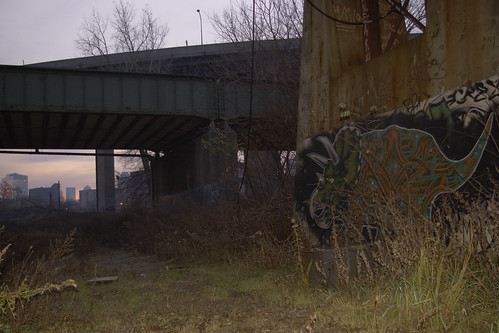by Thomas Rodham Wells
Not what we have but what we enjoy, constitutes our abundance.
Epicurus
Economists pay a lot of attention to productivity, the efficiency with which inputs are translated into outputs. This is quite reasonable since productivity is the source of the wealth of nations. But economists tend to focus on the supply side: the ratio of labour/capital to the final product. They tend to neglect the fact that productivity is also a feature of the other side of the market relationship: consumption. If we could be more efficient in our consumption decisions – if we were better at buying what we actually wanted – then we would be better off just as much as if we could afford to buy more stuff in the first place. We could achieve our present level of utility with a smaller outlay than present (allowing us to work less). Or, if our budget stayed the same, we would be able to get more utility for it than we do now.
The late Gary Becker was an economics genius who made a career out of applying perfectly orthodox economics methods in radically unconventional ways and to unconventional subjects, like crime, discrimination, and fertility. (Unfortunately, his 'economic approach to human behavior' has also led to excesses like Steven Levitt's Freakonomics, where the “Hidden Side of Everything” turns out to be only always about incentives, but that's another issue.) One of Becker's contributions was to point out that consumption itself requires production. For example, if you buy a book for $20 completing that transaction does not mean that the book has now been 'consumed'. In order to consume the book (in the normal way) you still have to read it. In other words, to enjoy your purchase you will have to put several hours of your own labour into producing utility out of it. The same goes for restaurant meals, clothes and so on. (This, by the way, is something to bear in mind when giving gifts. Just how much work are you implicitly imposing on your friends and family if they are to appreciate your present properly?)
If one prices the labour you put into this 'productive consumption' at even minimum wage levels (let alone your actual wage levels), one will often find that the market price of a good is less than it will cost you to actually enjoy it. And this should not be a surprise. The reason we have outsourced so much from the household to the market is that it allows us to access the productivity pay offs from vast economies of scale and divisions of labour. Indeed, there is some further scope for increasing the productivity of consumption with the help of the market. For example, eating at a fast food restaurant like McDonald's is not only quite cheap in price but also in the time it requires of you. There is even specialised capital equipment available to make the household a more efficient factory for turning purchases into utility, like the dishwashers and washer-driers which make meals and clothes cheaper to consume. Yet it must be noted that some kinds of consumption activities, like watching a movie with your friends or reading Jane Austen, stubbornly resist such market efficiencies. That is because the time and attention they require are intrinsic to their enjoyment.




